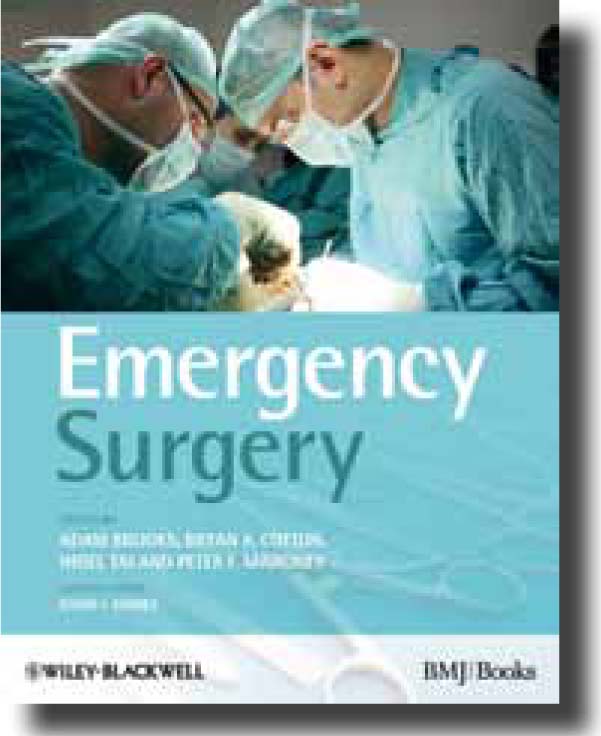My new year’s resolution was to be more positive about books not directly aimed at the paramedic profession or written about one specific aspect of paramedic practice.
An early test then, when presented with a book on the surgical management of patients. But embracing my new year optimism may be paying dividends, as there is a lot in this text which paramedics may find useful.
However, there are a number of limitations to bear in mind before spending any left-over Christmas book vouchers.
The investigatory stage of clinical conditions are focused on long-term interventions and not the acute stage, so there is a limited role for paramedics in this regard.
The discussion on analgesia follows a similar theme, as it is primarily concerned with anaesthesia during surgery—using techniques and drugs outside of a paramedic’s skill set. And despite the book’s synopsis promoting the inclusion of resuscitation, this section lacks specific detail on advanced life support protocols.
That being said, the author’s are successful in documenting a clear and structured assessment of a variety of medical conditions
While this may lack the detail afforded by other well-known paramedic texts, it is a useful inclusion none the less. The clinical presentation of a number of gastro-intestinal complications are discussed and the sections on vascular and thoracic trauma are certainly worth a read.
Despite the fact that this book was never written for a paramedic readership, it is easy to read and provides an interesting look into the realm of surgical medicine.
The content follows a logical conclusion and culminates in addressing post-operative complications, which paramedics should certainly be aware of.
‘There is a lot in this text which paramedics may find useful ‘

